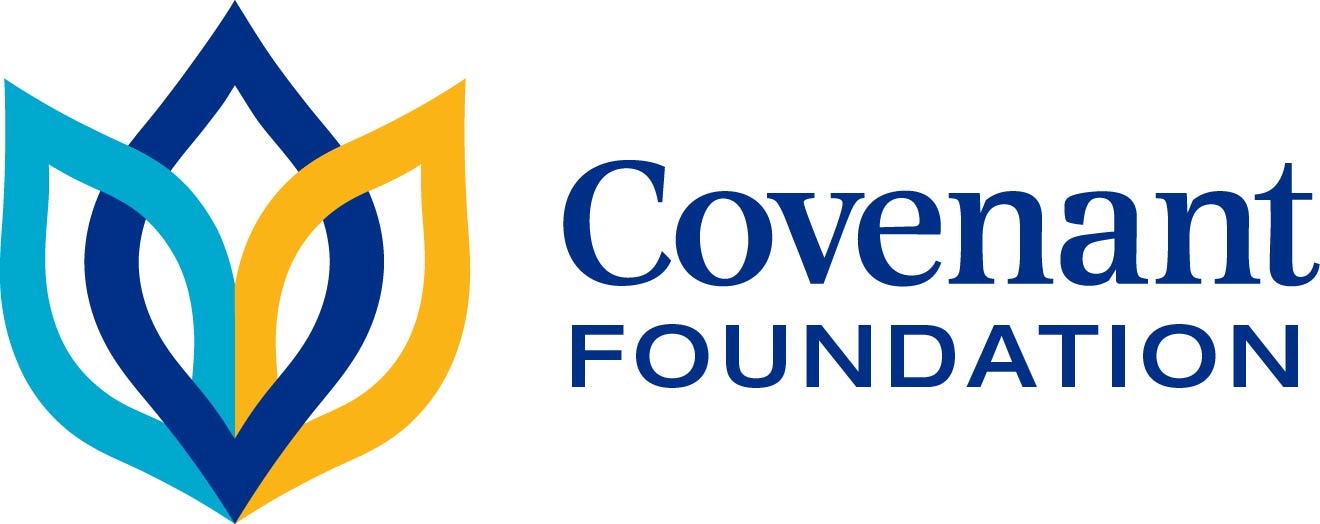As someone who balances her roots in Canada with roots in Grenada and Nigeria, Ashlee Robinson-Anagor, the stewardship lead for our foundation, looks forward to Black History Month every year.
"My cultural identity is important to me, even more so now as an adult because it provides a specific lens and perspective that I view my life through and apply to everything from jobs to dating. It allows me to connect with my heritage – especially during Black History Month – because it also gives me a greater sense of belonging and community."
Although she grew up in Canada in a predominantly white neighbourhood, Ashlee and her family practiced their cultural traditions such as eating Grenadian and Nigerian food and participating in African dance classes. Her parents also underscored education, and after school, she received tutoring from the Council of Canadians of African and Caribbean Heritage, for whom

she would later go on to volunteer as a tutor herself.
"The pursuit of education has very much shaped my career. As a first-generation Canadian, I was raised thinking it would be really difficult getting where you want to be without it, and my mom also wanted to make sure we stayed connected to the community and recognized the importance of giving back and the contributions of our ancestors."
In addition to her work of recognizing and celebrating our foundation’s valued donors and stakeholders, Ashlee is one of the newest members of Covenant’s Black Advisory Body. She’s looking forward to making connections with the greater Covenant community and finding ways to address the inequalities faced by Black people in health care.
"I do believe there are biases and systemic racism in the healthcare system. There are a lot of studies that show high mortality rates for Black women during birth, which leads to deep-rooted mistrust in the healthcare system. People will stop seeking out care if they feel like their issues are being neglected or pushed to the side."
Ashlee believes that education is key to providing better care for marginalized people.
"For a lot of people, it comes down to a lack of understanding," she says. "So, when we increase education and awareness about how to provide culturally and racially sensitive care, it affects the whole system – and for Black people it can mean the difference between life and death."
Written by Gwendoline Hunka, Communications Advisor, Covenant Health
To connect with Ashlee or another member of our team, please visit our contact page.


